Written by Sabrina Chen
In almost every high school portrayal, whether in books or movies such as “Mean Girls,” social cliques are present. The cliques, however, are dramatized and negatively stereotyped, making cliques seem exclusive and harmful. In reality, the effects of squads are positive—they provide stability, support groups and a sense of belonging.
Rather than jumping around from friend to friend, squads provide the comfort of knowing where to sit at lunch and which group to hangout with. Birthday parties and group hangouts are much easier, as everyone is friends with each other. Group chats provide an easier way of telling information—instead of messaging or talking to individuals about the same problem or topic, friends in squads only have to message in one spot and the entire group will know. Instead of having one-on-one talks with different friends, friend groups allow everyone to share their thoughts collectively.
Squads open the possibility of doing things that wouldn’t be possible without a squad. For example, friend circles can have Secret Santa gift exchanges, wear matching outfits and take group pictures. Every member of the squad feels included and a sense of belonging. In addition, squads enrich the high school experience—having a group of close friends that one can share anything and hangout elevates the experience. Group sleepovers, movie nights and other types of social activities would be less awkward and more fun.
Opponents of squads believe that people get left out. While this may be true, friends in a squad can still hangout with people not in the squad. Furthermore, squads are not permanent: members can leave and other students can join. There is a correlation between “popularity” and a likelihood to bully others. According to researchers from The University of California, Davis and Pennsylvania State University, who asked 4,200 high school students in North Carolina about their close friends and acquaintances, the top four percent of the “social elite” weren’t likely to be bullied, nor were they likely to bully others. University of Alabama at Birmingham (UAB) sociologist Casey Borch, Ph.D agrees that cliques may not be as bad as what they appear to be, and that the common misconception that cliques they are inherently bad, exclusive and disconnected from others is not true.
Although portrayed as aggressive, mean and hurtful, cliques actually enrich the high school experience and create a positive impact on the feeling of self-worth. Squads are natural and common. According to Huffington Post writer Andrew Smiler, almost every American middle and high school has squads. It is important to recognize the risks of squads, but it is also important to acknowledge the benefits and self-esteem that cliques provide.




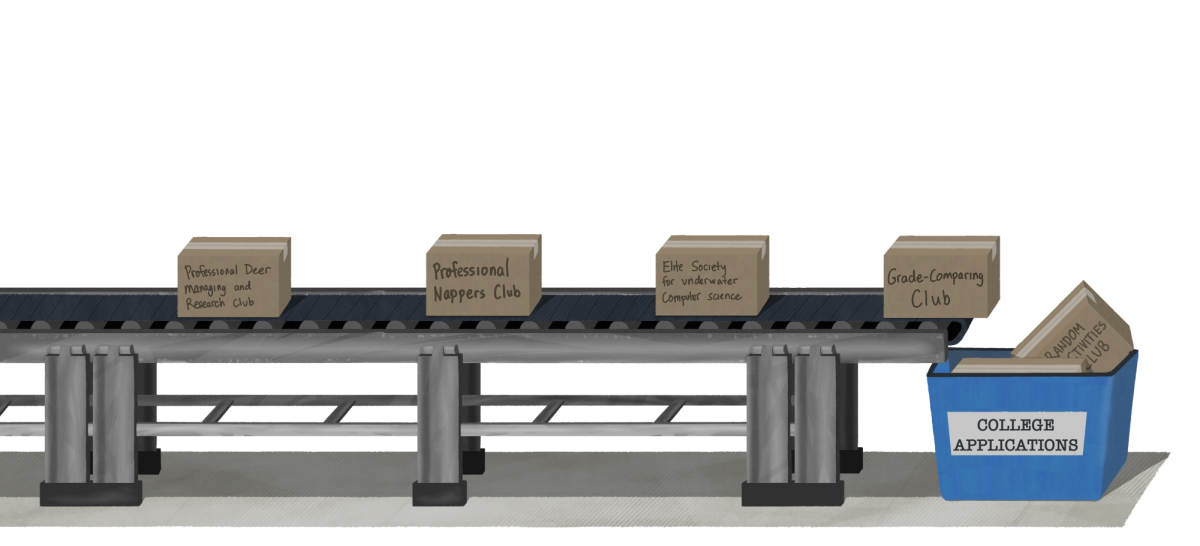

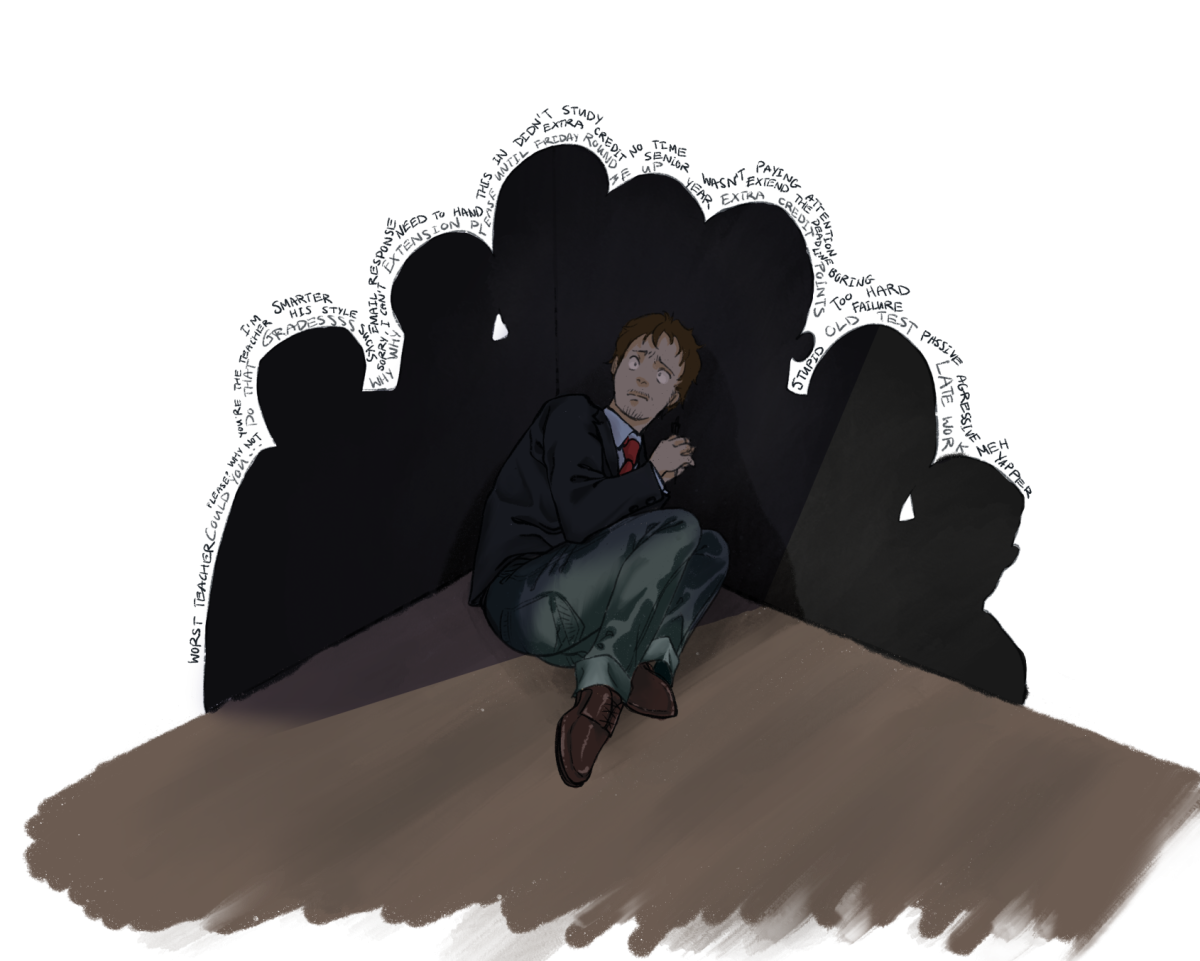

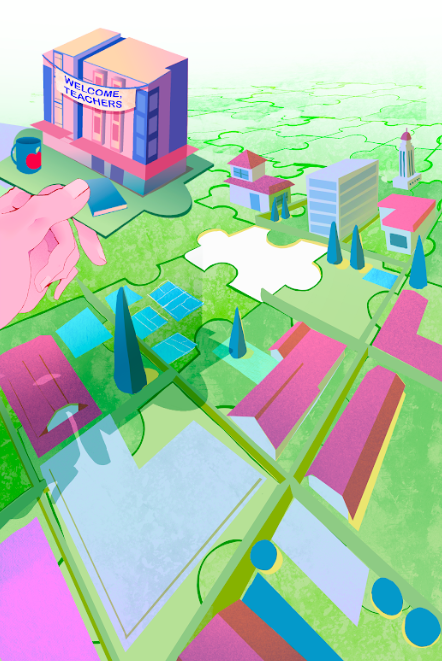

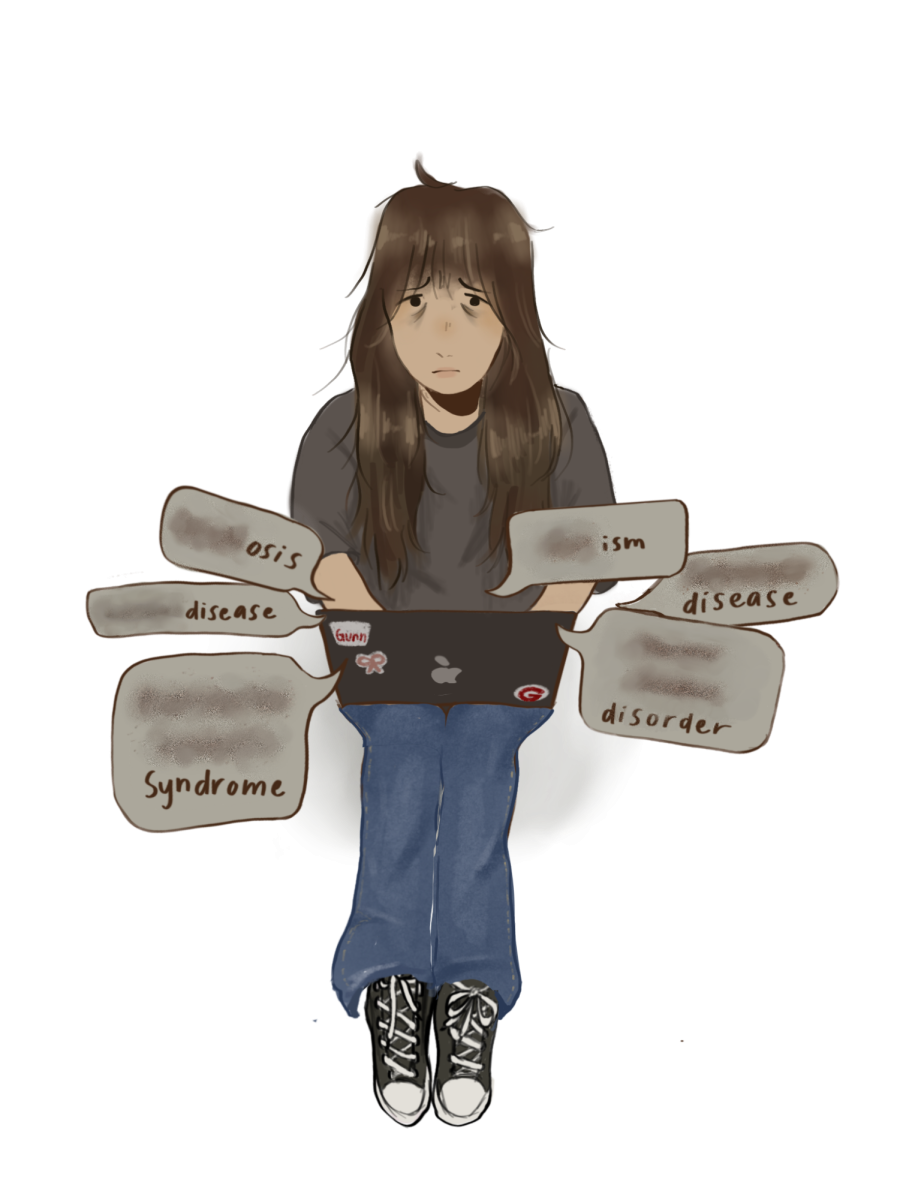
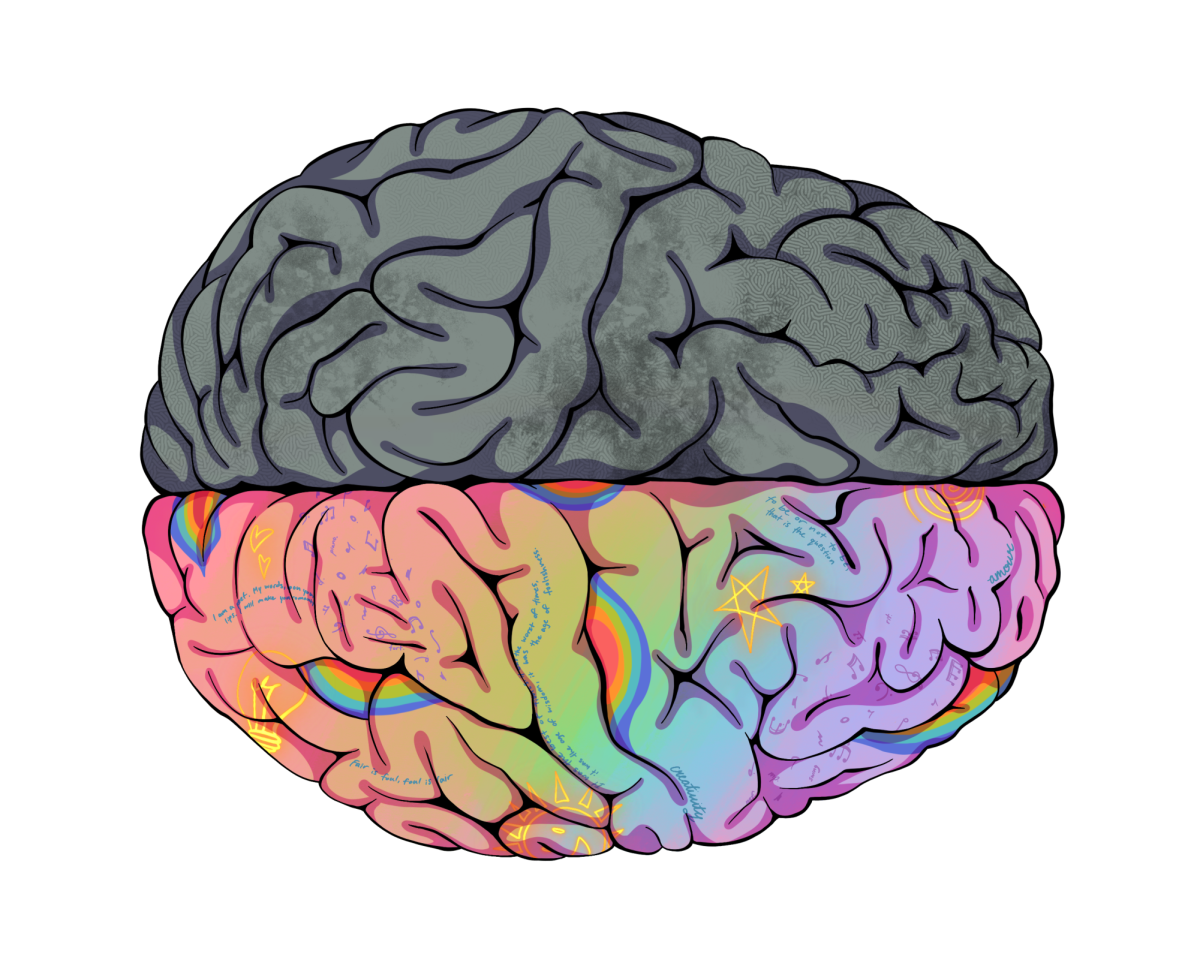










DR SEUSS • May 24, 2016 at 4:56 am
THE GRINCH STOLE CHRISTMAS AND YALL REALLY THINKING ABOUT THIS